
A Message from Policy Lab Directors, Professor Zachary Courser and Professor Eric Helland
This semester the Policy Lab worked with the RAND Institute for Civil Justice and the Los Angeles Superior Courts to collect and analyze data on debt collection cases in filed in Los Angeles County. In the last 30 years, debt collection cases have overtaken all other types of civil litigation in US state courts. Increasingly debt collection cases have become business-to-consumer lawsuits in which the defendant/consumer does not have a lawyer. Moreover, the company initiating the lawsuit has often purchased the debt, so that the plaintiff is not a firm the defendant consumer recognizes or with which they had a relationship. In Los Angeles County, the LA Court system deals with almost 80,000 debt collection cases per year. We found that for cases filed between 2012 and 2022, 92% of these cases are defaults—in which the consumer defendant does not contest the debt, appear in court, or respond to the summons. Over half of the cases end in default judgments, in which the defendant does not contest the plaintiffs claim, and is likely to have their wages garnished or bank accounts seized. Since default judgments often include prejudgment interest on the debt and court fees, the judgment is typically more than the consumer’s original debt. A RAND report based on the Lab’s data and findings will be published this fall.
The spring 2023 class had a total enrollment of 17 students, including eleven from CMC, three students from Scripps College, and two students from Pitzer College. The spring 2023 Lab Managers were Michelle Ramirez (CMC ’23) and Sydney Smith (CMC’23).
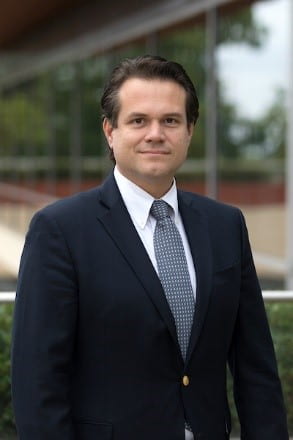
Professor Zachary Courser and Professor Eric Helland
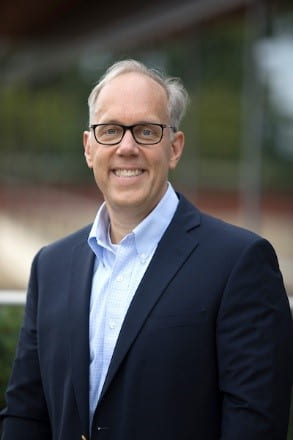
About the Policy Lab
The Policy Lab gives students a firm foundation in how public policy is made in the United States, to prepare them for work in legislatures, think tanks, non-governmental organizations, or to pursue graduate education. Our program combines political science, economics, and practical application through a diverse array of research projects. Working closely with our faculty, staff and external partners, Policy Lab students learn and apply essential skills for policy writing, analysis and creation, and contribute to professional policy research. To learn more about our recent projects, visit our website here: https://policylab.cmc.edu/
Policy Lab Spring 2023 Highlights
This semester the Policy Lab worked with the RAND Institute for Civil Justice and the Los Angeles Superior Courts to collect and analyze data on debt collection cases in filed in Los Angeles County. In the last 30 years, debt collection cases have overtaken all other types of civil litigation in US state courts. Increasingly debt collection cases have become business-to-consumer lawsuits in which the defendant/consumer does not have a lawyer. Moreover, the company initiating the lawsuit has often purchased the debt, so that the plaintiff is not a firm the defendant consumer recognizes or with which they had a relationship. In Los Angeles County, the LA Court system deals with almost 80,000 debt collection cases per year. We found that for cases filed between 2012 and 2022, 92% of these cases are defaults—in which the consumer defendant does not contest the debt, appear in court, or respond to the summons. Over half of the cases end in default judgments, in which the defendant does not contest the plaintiffs claim, and is likely to have their wages garnished or bank accounts seized. Since default judgments often include prejudgment interest on the debt and court fees, the judgment is typically more than the consumer’s original debt. A RAND report based on the Lab’s data and findings will be published this fall.
The spring 2023 class had a total enrollment of 17 students, including eleven from CMC, three students from Scripps College, and two students from Pitzer College. The spring 2023 Lab Managers were Michelle Ramirez (CMC ’23) and Sydney Smith (CMC’23).
News Round-Up
Policy Lab Co-Hosts Summer Conference on Liberalism with the Salvatori Center
The invasion of Ukraine has deepened global discussions about the shared problems the EU and the US face in maintaining their democracies in the face of spreading illiberalism. This summer the Policy Lab and the Salvatori Center organized a conference of leading international scholars and CMC faculty to discuss the impact of the invasion of Ukraine to discuss challenges western liberal institutions face. The conference encompassed two full days of discussions in a seminar format and included European scholars from Kings College London, Université Sorbonne, the American Enterprise Institute, and the Institut Français des Relations Internationales. CMC faculty included the Salvatori Center director Prof. George Thomas; Policy Lab co-directors Prof. Zach Courser and Eric Helland; Prof. Jon Shields, co-director of The Open Academy; and Prof. Michael Fortner, Senior Fellow at the Niskanen Center.
The first day’s discussion engaged with conceptual challenges to democratic institutions, including the lure of illiberalism, populism, nationalism, and how divisions about these ideas are sharpened by the Russian War in Ukraine. The second day’s discussion focused on western liberal institutions and policies that are impacted by these challenges, such as legislative and executive politics; foreign, defense, and economic policy; political parties; and elections.
Tracking the Progress of Congressionally Directed Spending
For the second time since their reintroduction in 2021, the Policy Lab co-hosted a conference on congressionally directed spending (CDS), popularly known as “earmarks,” at the Bipartisan Policy Center (BPC) last December in Washington, DC. This form of discretionary spending allows congresspersons to use their unique understanding of the needs of their districts and states to ensure local funding priorities receive federal support. Article I of the Constitution provides that Congress has primary authority to determine federal spending priorities: “No money shall be drawn from the treasury, but in consequence of appropriations made by law.” However, Congress has turned over more and more authority to the executive branch, empowering it to make decisions about which programs, projects, and communities receive funding. The 117th Congress began to turn that dynamic around when it reformed and resurrected one of its most impactful tools: CDS. Conference participants included Policy Lab co-director Prof. Zach Courser; Allison Bawden,Director, Natural Resources and Environment, U.S. Government Accountability Office; Molly Reynolds, Brookings Institution; and Brittany Madni, Deputy Chief of Staff and Legislative Director for Rep. Ashley Hinson (IA-1).
Following the conference BPC published a research paper co-authored by Prof. Courser evaluating CDS during fiscal years 2022 and 2023, the new reforms governing the process, and a data analysis of recent spending trends. According to the findings, participation is robust and bipartisan. Eighty percent of the House, including 60% of Republicans, participated. While nearly all Senate Democrats made requests, Senate Republicans still lag in participation, with less than one-third making requests, leaving more funds to be distributed among their colleagues. Spending priorities have shifted dramatically from the pre-moratorium period, likely due to new restrictions. The authors recommended additional steps be taken in order to further enhance and improve the directed spending system, including more user-friendly release of directed spending data; more resources, training, and support at different stages of the process; and improved distribution of directed spending in the Senate.
Conferences on Undergraduate Policy Education and Policy Labs
For six years the Policy Lab has been a leader in developing ungraduated public policy education and experiential policy learning. As an institutional member of the Association for Public Policy Analysis & Management (APPAM), the Policy Lab is part of discussions on the future of policy education in the US with leading college and university policy programs. Prof. Courser attended the annual APPAM meeting last November in Washington, DC and participated in its Undergraduate Education Interest Group discussion about the future of policy education at the undergrad level. Other undergraduate policy programs participating included Georgetown University, The College of William & Mary, and the University of Wisconsin at Madison. At the upcoming APPAM conference in Atlanta this November Prof. Courser has organized a discussion among different policy labs to begin to build a higher education network of experiential learning labs to share best practices on curriculum, research partnerships, and fundraising.
As an institutional member of APPAM the Policy Lab has 20 annual student memberships it may assign to current CMC policy students. If you are a CMC policy major and have interest in an APPAM student membership please send a letter of interest to our administrative assistant, Tami DeSalvio, at tami.desalvio@cmc.edu
Policy Lab Summer 2023 Highlights
A total of seven students were selected to join the Policy Lab Summer Research Associates program in summer 2023. We received a record level of interest in the program, with a total of 32 applications received. Our Summer Research Associates contributed to two different research projects. The first team worked with Prof. Courser and the Bipartisan Policy Center on developing an R program to classify spending categories for congressionally directed spending requests from 2021 to 2023. Using tokenization and pattern matching techniques, students developed a method for automatically classifying over 14 thousand requests. The second team worked on collecting additional data for the debt collection report, analyzed the data, and wrote a first draft of the RAND Corporation’s Institute for Civil Justice report on debt collection cases in the Los Angeles Superior Court.
Our Summer Fellows were: Caruna Gillespie (CMC ‘24), Sabrina Gleitz (CMC ‘24), Bradley Kwon (CMC ‘25), Keeley La Riviere (CMC ’24), Joseph Sausville (CMC ’24), Alison Tu (POM ’24), and GinaYum (POM ‘25). The Lab Managers overseeing student work were Isabella Kan (SCR‘24) and Porter Reyes (POM ‘25).
Policy Lab Student and Alumni Profiles
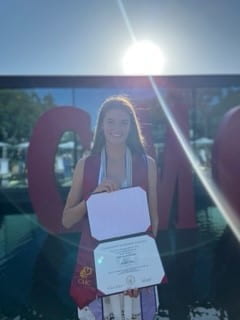
A Report from Alum, Anika Kimme ‘23, On Her Policy Lab Experience
Anika is a recent CMC graduate. She shares how she feels Policy Lab contributed to her future endeavors.
My time at the Policy Lab was incredibly helpful in shaping my interests in policy and research while I was at CMC. I completed the Policy Lab class during my junior year in the fall of 2021. Throughout that semester I worked on the American Enterprise Institute Voter Turnout and Access project, served as a lab manager during the spring of 2022, and contributed to a transportation equity project as a research assistant. During all these different roles, I learned about working with large data sets, writing policy memos, collaborating with professional clients, conducting literature reviews, and working on policy problems with other students. These skills helped me throughout the rest of my time at CMC with other classes, research, internships, and my thesis.
As part of the policy lab class, I completed a final policy memo on the Child Tax Credit (CTC). The project made me excited to tackle other complex policy problems and inspired the topic for my senior thesis. I was able to turn the policy problem I had identified in my Policy Lab project during my junior year into a yearlong senior thesis focused on tax credits and the effectiveness of distributing them through the Internal Revenue Service (IRS). My work from the Policy Lab class was extremely helpful in starting my senior thesis, as I already had an idea, policy problem, background research, and historical context, as well as previous experience working on long-term projects from the Policy Lab. I aim to continue the research from my senior thesis after graduation, as well as continuing to do work in policy analysis. I am extremely grateful to the Policy Lab for preparing me to tackle these goals after college.
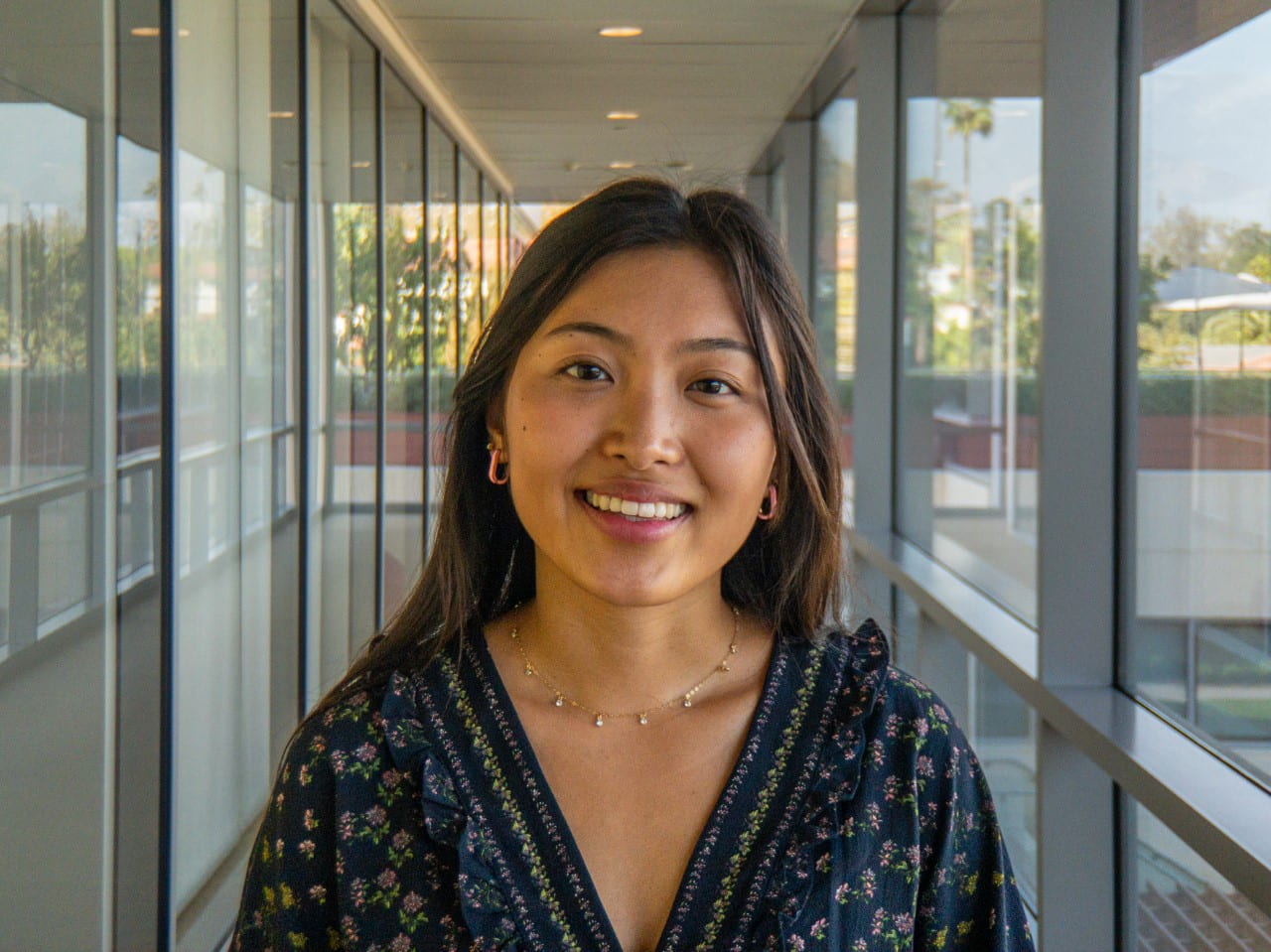
Policy Lab Experience Prepares Scripps Student for Internship with Brookings Institute
Rina Nagashima SC’24 completed the Policy Lab course in the Spring 2023 semester. She then went on to a summer internship with Brookings Institute and was selected this year as a Truman Scholar.
Rina shares:
I took the Policy Lab class during the spring 2023 semester. Our client project in that class was with RAND on debt collection cases. My favorite aspect of this class was its real-world applicability. Policy Lab was designed to be structured like a DC policy think tank, down to the physical classroom environment. I felt much more engaged with the material than in previous classes because our work with the debt collection project involved actual stakeholders, including people who seemed to have been exploited by their lack of legal representation in court.
Policy Lab also prepared me well for my internship this past summer at the Brookings Institution. In Policy Lab, I learned how to read and construct a codebook. At Brookings, I was expected to read codebooks constructed by previous Research Assistants to update parameters for a safety net benefits calculator. Two of the lectures and problem sets in class taught me how to utilize Stata and R for data visualization and analysis, the latter of which I had no previous experience with. When a data scientist at Brookings suggested I switch from web scraping in Python to R, the foundational knowledge of how R syntax works and how to use other people’s code to build my own helped ease the learning curve. The policy memos I wrote in class helped hone my policy writing skills and gave me a lot of options for writing samples that I ended up using in my internship applications.
Policy Lab is a class I had been looking forward to taking the most for my Public Policy major, and it ended up being a great opportunity to work on a project with a meaningful impact while learning skills that are relevant to the type of work I’d like to do after graduation.
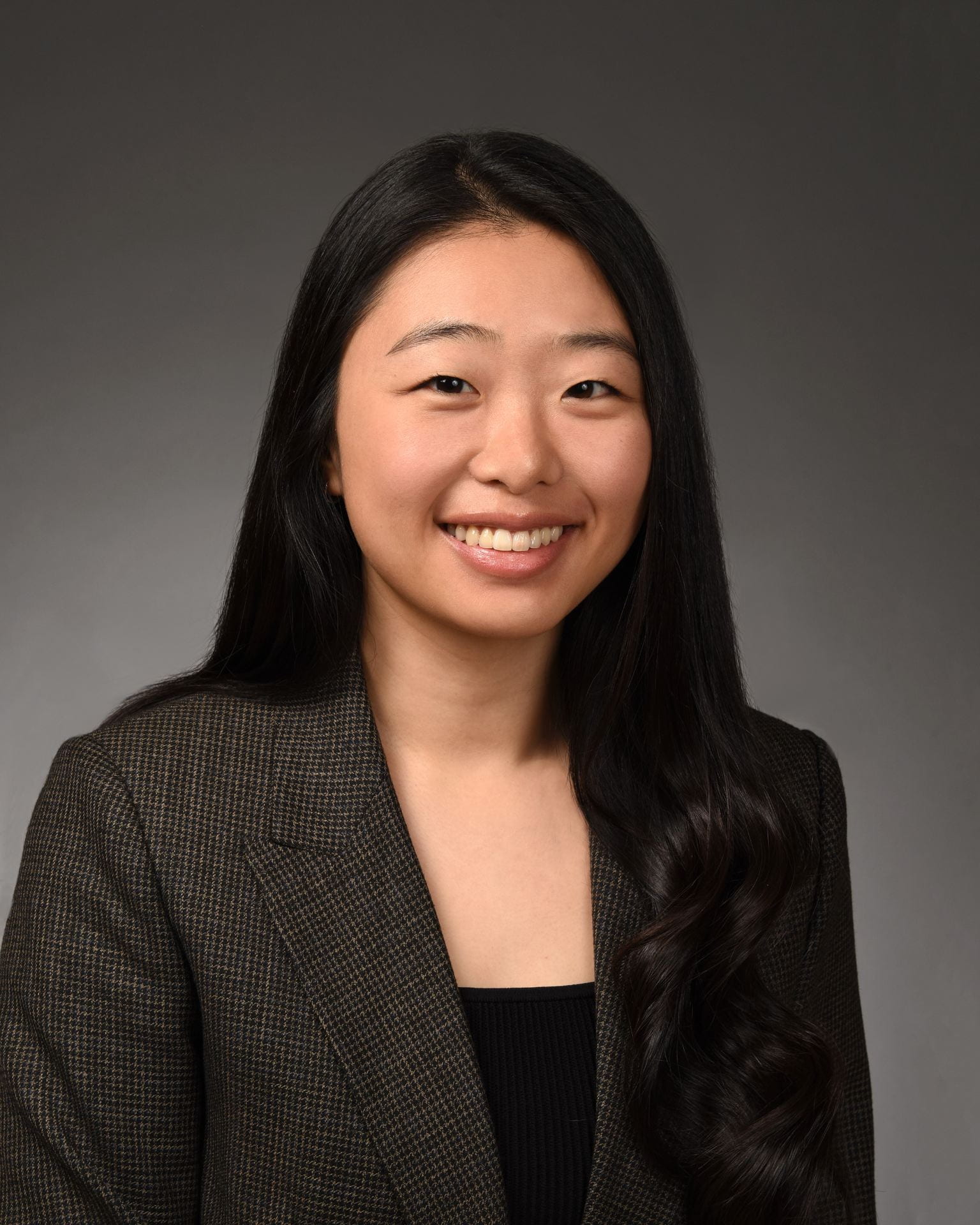
Interview with Rebecca Chong ‘18 on her Policy Lab Experience
When did you take the Policy Lab course and what research projects did you assist?
I was part of the inaugural Policy Lab class in Fall of 2016, and was a Lab Manager in Fall of 2017. During my time with the Lab, I worked on the multi-district litigation project with the Rand Corporation’s Institute for Civil Justice, the Health Project with the Bipartisan Policy Center, and a project on Medicare reimbursements with the Bipartisan Center. As a Lab Manager, I oversaw student projects and helped students use STATA.
Did any of the skills you acquired in the Policy Lab help you later on in advanced degree programs or other jobs you’ve held?
After graduating from CMC in December 2017, I worked as a litigation paralegal at a litigation boutique firm for three years before going to law school. I recently graduated from the University of Chicago Law School with my J.D. and sat for the California Bar Exam. Currently, I am clerking for the Honorable James C. Ho of the United States Court of Appeals, Fifth Circuit.
The skills I’ve acquired in Policy Lab definitely helped me succeed, both in my professional endeavors as well as law school. Mainly, the client-facing experience that Policy Lab offered me made me more prepared and confident to interface with the clients I worked with in our law school’s Corporate Lab Clinic. Policy Lab taught me how to work in professional environments, think critically about big problems, and formulate solutions in a way that would be most beneficial for the client/audience.
Is there anything else you want to share with students interested in getting involved with the Policy Lab?
Definitely please reach out to the faculty, lab managers, and current/past students of the Lab to learn more about it and give the Lab a try, even if you are not set on pursuing public policy after graduation. I remember being hesitant about whether to take the Lab class because I did not have a lot of experience working in policy and with data analysis, and at the time, it was a brand new class. It ended up being one of the best academic experiences I had at CMC. I am still close to some of the classmates and faculty I worked with in Policy Lab today.
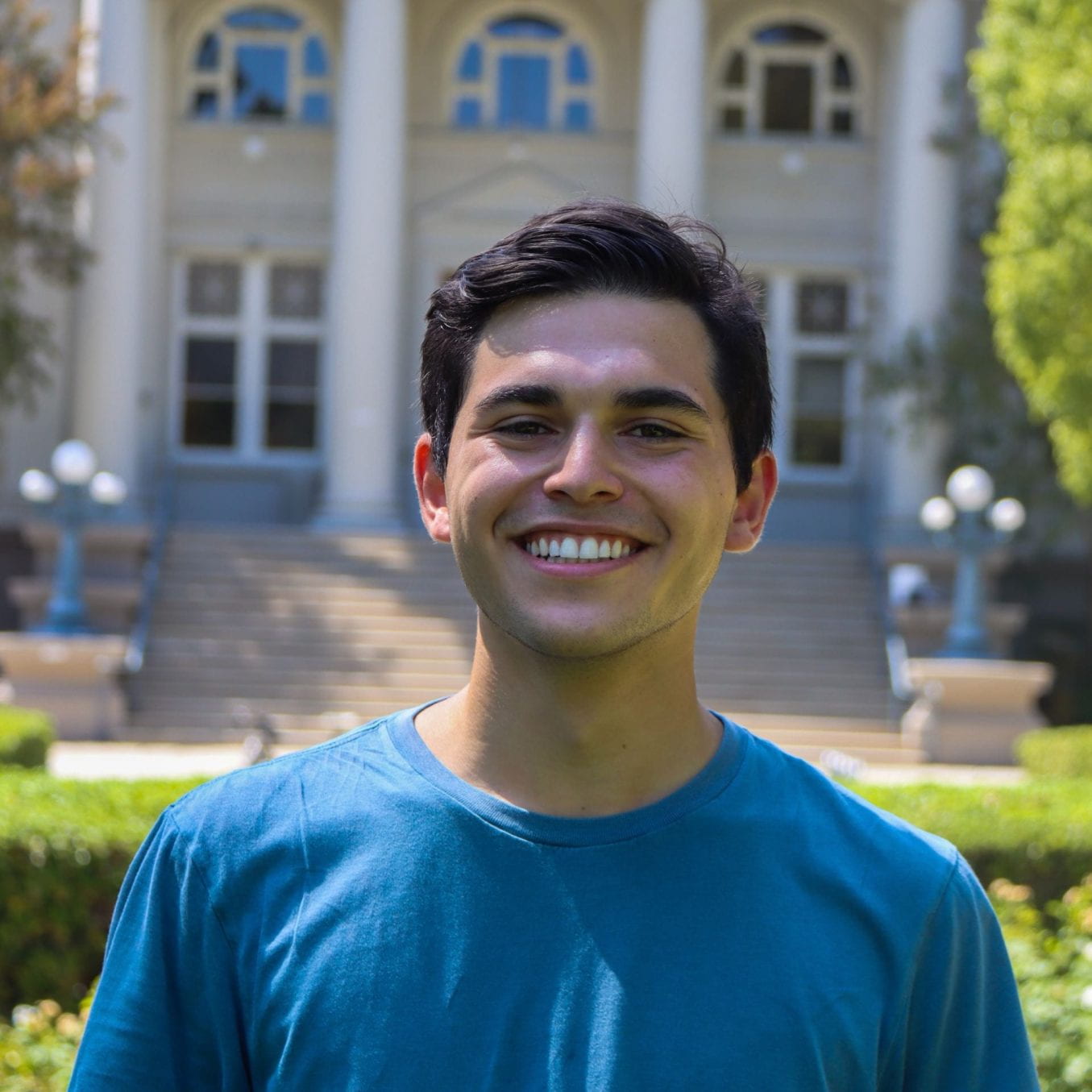
Pomona Student Has Productive Research Year with Policy Lab
By Porter Reyes PO’25
This past spring, Professor Courser and Professor Helland kindly allowed me to enroll in CMC’s capstone public policy course (Policy Lab), which was a transformative experience. This class taught me how to conduct policy research, analysis, visualizations, and memo writing. Moreover, I had the opportunity to use these skills on a professional public policy problem: debt collection regulation in California. Overall, even though Policy Lab was a very challenging course that I was not required to take as a Pomona student, I am so glad I did!
Near the end of the semester, Professor Courser graciously offered me the position of Lab Manager, which I was thrilled to accept. As a Lab Manager, I led a research team conducting a policy and data analysis of congressionally directed spending in collaboration with the Bipartisan Policy Center (BPC). This job allowed me to solidify the skills I learned in the class, develop my leadership abilities, and network with renowned professionals at the BPC. I am grateful to have had the opportunity to work with Professor Courser on his research over the summer.
I am confident the things I learned and the relationships I formed through my experiences with the Policy Lab will serve me well going forward. For a student like myself aspiring toward a career in public policy, I cannot imagine a better class or workplace than CMC’s Policy Lab!
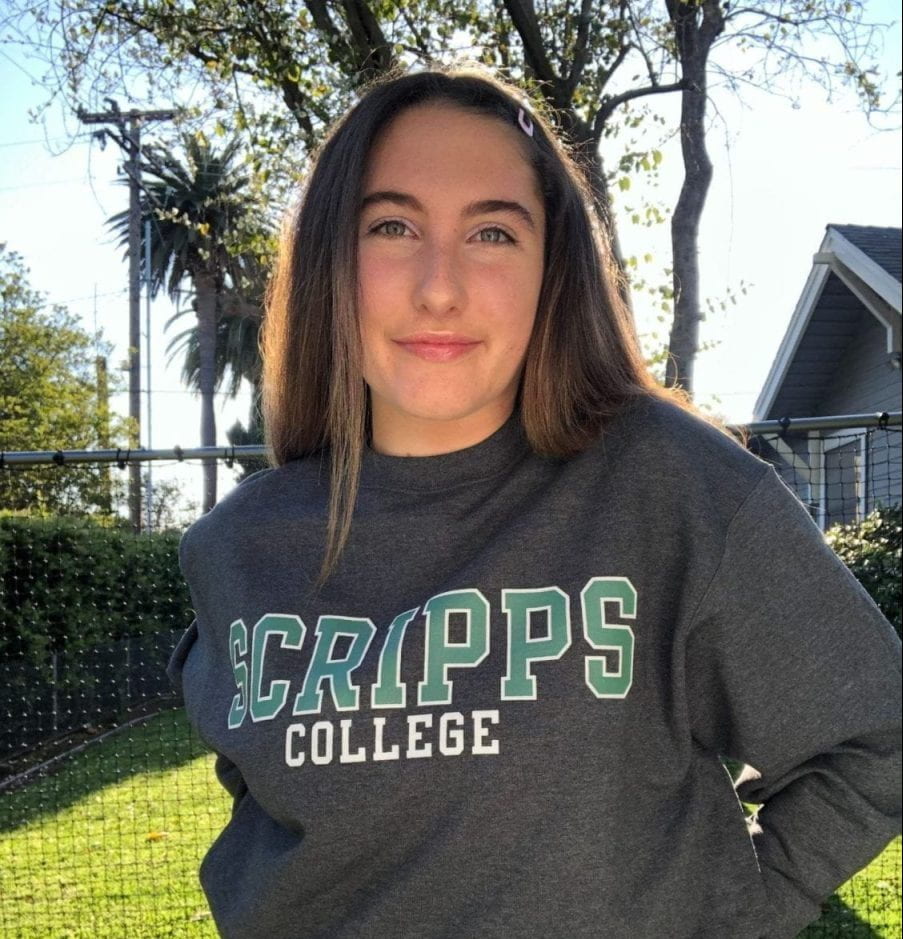
Scripps Student Shares how Policy Lab Aided her Internship
By Isabella Kan SC’24
This past summer I worked as a research manager for the CMC Policy Lab. Our cohort studied small claim debt collection cases within the Los Angeles County Court System. In this role, I learned about many of the intricacies within the court system, especially pertaining to internal policies and systemic inequities. I have been able to apply this knowledge to my work as an intern for Inner City Law Center. Inner City Law Center works on housing and eviction cases and policies within the LA area. Both issue areas are highly interconnected, as debt can contribute to an inability to pay rent. Additionally, while looking for policy solutions to include in our report we examine paraprofessional legal work, which is when nonlawyers, with proper training, are able to practice law.
Similarly, while interning for Inner City Law Center I researched the Right to a Lawyer Campaign, which advocated for free legal services for people facing eviction. The work for both of these entities complemented the other, and the skills that I learned were ultimately beneficial in better understanding legal institutions, policies in place, and the similarity between the two fields. Overall, working for the Policy Lab has been extremely beneficial, not only in the context of my other internship but also in providing insight into future career goals and understanding how research is conducted in the context of a think tank.
Planning your end-of-year donations?
Consider supporting the Policy Lab!
The Policy Lab is donor-funded, and relies on support from trusts and foundations, individuals, alumni, corporate sponsors, and others to keep our work going. Our unique funding model allows us to put students at the center of all policy research, and ensure they receive the hands-on, evidence-based policy research and memo-writing experience that will help them succeed after graduation. It also gives us the flexibility to pursue research partnerships with well-respected think tanks and policy professionals that will enhance the students’ experience, without the expectation that research partners will make a financial contribution for our efforts.
Please consider donating to Policy Lab today! Online donations can be made on the CMC Giving Page. Please select “Other” in the Designation field and enter “Policy Lab” in the comments. Thank you!
